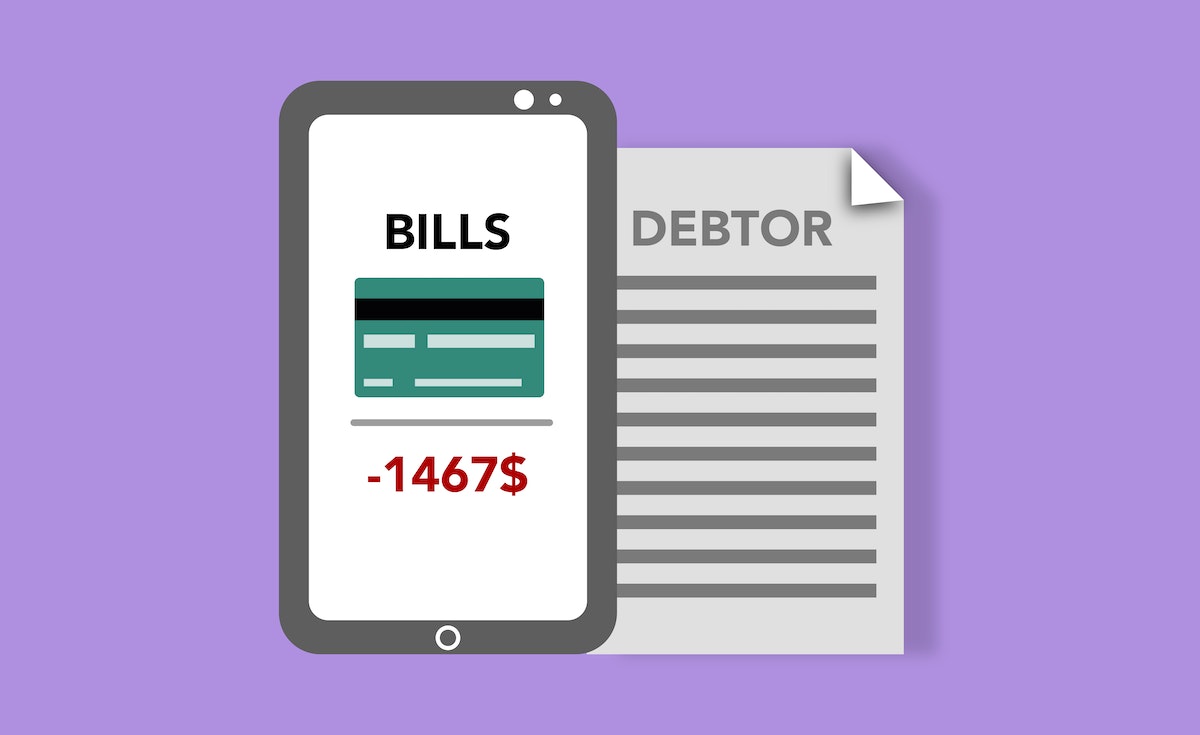
Beware of Online Loan Sharks in Sri Lanka
In The Merchant of Venice, we meet Shylock who insists on the pound of flesh. In Desperate Housewives, we meet Donny who kills Mike Delfino. In Cinderella Man, we meet “The Numbers Guys” that James Braddock has to contend with. In real life, the BBC reports Kanadasaba Nadarajah. There’s one factor common to all of them. They are loan sharks! The dictionary defines “Loan Shark” as a “moneylender who charges extremely high rates of interest, typically under illegal conditions.” They are not the kind of “පොලී මුදලාලි” (A fictional money-lending character in the Sri Lankan comedy series “The Coffee Shop”) you meet in “කෝපි කඩේ” mind you. They are predatory money lenders that are harsh and exploitative. They will do anything in their power and ability to exploit you financially. With the evolution of smartphone technology, they have invented schemes to exploit the vulnerable and the needy online. Keep on reading to learn more and how to avoid them.
The Bait
The bait arrives in the form of a lucrative SMS or a WhatsApp Message. A message I received today read, “පඩියට කලින් සල්ලි ඕන නම් විනාඩි 5න් ගන්න 80,000 දක්වා අනුමතයි!” (Do you need money before your payday? Get a loan of up to Rs. 80,000 in just 5 minutes!). I visited the website mentioned in the message and the site claims the first loan will be interest-free. It seems many Sri Lankans with financial hardships are taking the bait simply because unlike when applying for a bank loan these online loan schemes don’t involve collateral, guarantors, and numerous documents other than a selfie of the applicant holding his or her National Identity Card or the Driving License. These online loan sharks advertise their so-called lending services across a wide array of platforms that include social media, and the web luring in a vast number of potential victims.
The Snare
The victims of these online loan sharks have said they had to install a smartphone app as a part of the application process which in turn hacks their email accounts and contacts. However, the app doesn’t hack the smartphone. On the other hand, apps designed to hack your smartphone are not permitted in the Play Store or the App Store. These apps instead of hacking your phone asks for your permission to access your email account and contacts during installation, just like the previously mentioned app Koko. Sri Lankans can be very naïve concerning app privacy and the permissions smartphone apps require to function and grant access without even bothering to check further. Nobody can take legal action against the developers of these prying apps because you are granting your consent to the app to access your contacts, and any other apps making it an effective trap. Next, I will explain why the app is designed to access your contacts.
The Cost
The cost is three-fold. First, your privacy is violated by the online loan shark who collects your national identity card number, name, address, and date of birth in addition to the contacts in your mobile phone using his app. Second, he holds you responsible to settle the loan with high interest (30% interest rate for 10 days, 90% interest for 30 days) added to it despite the initial claim the loan will be interest-free. That is financial exploitation. It’s worse than a pyramid scheme. The plot thickens if you delay the settlement of the loan. They humiliate you if you fail to settle the loan with interest on or before the deadline. It includes but is not limited to circulating the aforesaid selfie on social media, calling or texting the numbers in your contacts list (friends and family, employers, colleagues, etc.) claiming that you are a swindler. In the worst cases, they can even harass you physically.
The Culprit
Will you be surprised if I told you these so-called financial institutes don’t have an office anywhere on the island? Although registered as a legitimate financial institute the addresses they display on official papers and in their advertising material are fake. They exist only on paper. In other words, these are nothing but shell corporations. You can’t take legal action against them because they don’t have a physical presence. The Central Bank of Sri Lanka issued a circular in the year 2019, any financial institution offering loans via the internet must obtain special permission to do so. According to my sources, however, none of these financial institutes has obtained permission from the Central Bank. Interestingly most of these financial institutes are operated by the same individual although such institutes advertise themselves under different names.
Wrap Up
In Sinhala, we have two proverbs used to identify someone who takes advantage of a crisis. “ඌරො කැකුණ තලද්දි ඇටි කුකුලන්ට රජ මගුල්” or “බොර දියේ මාළු බෑම” much like the English idioms “To make hay while the sun shines.” or “Blood in the water”. These online loan sharks are exploiting the dire economic straits in the country for their unlawful gain. There are a few things you can do to avoid borrowing from these online loan sharks. Maintain an emergency fund by setting aside some money every month in a high-interest savings account. Subscribing to a health insurance plan can cut down medical expenses considerably. Find a side hustle so that you have an extra income which will become handy in times of pressing financial needs. Prepare a monthly budget and stick to it. It will help to avoid overspending. Whatever you do avoid online loan schemes at every cost.
If you found this content helpful, I kindly ask you to leave your feedback in the comments section below. Sharing it on social media would also be greatly appreciated. In order to promote meaningful and respectful dialogue, I request that you use your full name when commenting. Please note that any comments containing profanity, name-calling, or a disrespectful tone will be deleted. Thank you for your understanding and participation.




